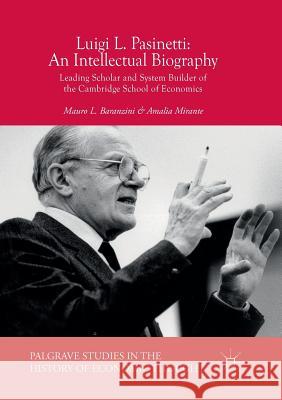Luigi L. Pasinetti: An Intellectual Biography: Leading Scholar and System Builder of the Cambridge School of Economics » książka
topmenu
Luigi L. Pasinetti: An Intellectual Biography: Leading Scholar and System Builder of the Cambridge School of Economics
ISBN-13: 9783030100100 / Angielski / Miękka / 2018 / 390 str.
Luigi L. Pasinetti: An Intellectual Biography: Leading Scholar and System Builder of the Cambridge School of Economics
ISBN-13: 9783030100100 / Angielski / Miękka / 2018 / 390 str.
cena 524,53
(netto: 499,55 VAT: 5%)
Najniższa cena z 30 dni: 501,19
(netto: 499,55 VAT: 5%)
Najniższa cena z 30 dni: 501,19
Termin realizacji zamówienia:
ok. 22 dni roboczych
Bez gwarancji dostawy przed świętami
ok. 22 dni roboczych
Bez gwarancji dostawy przed świętami
Darmowa dostawa!
Kategorie:
Kategorie BISAC:
Wydawca:
Palgrave MacMillan
Seria wydawnicza:
Język:
Angielski
ISBN-13:
9783030100100
Rok wydania:
2018
Wydanie:
Softcover Repri
Ilość stron:
390
Waga:
0.48 kg
Wymiary:
21.01 x 14.81 x 2.11
Oprawa:
Miękka
Wolumenów:
01
Dodatkowe informacje:
Wydanie ilustrowane











